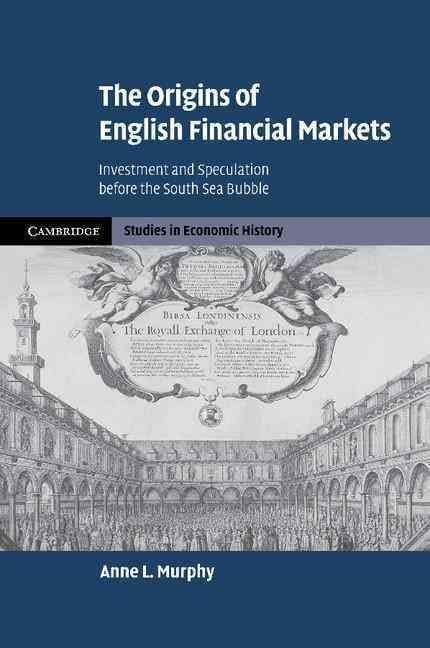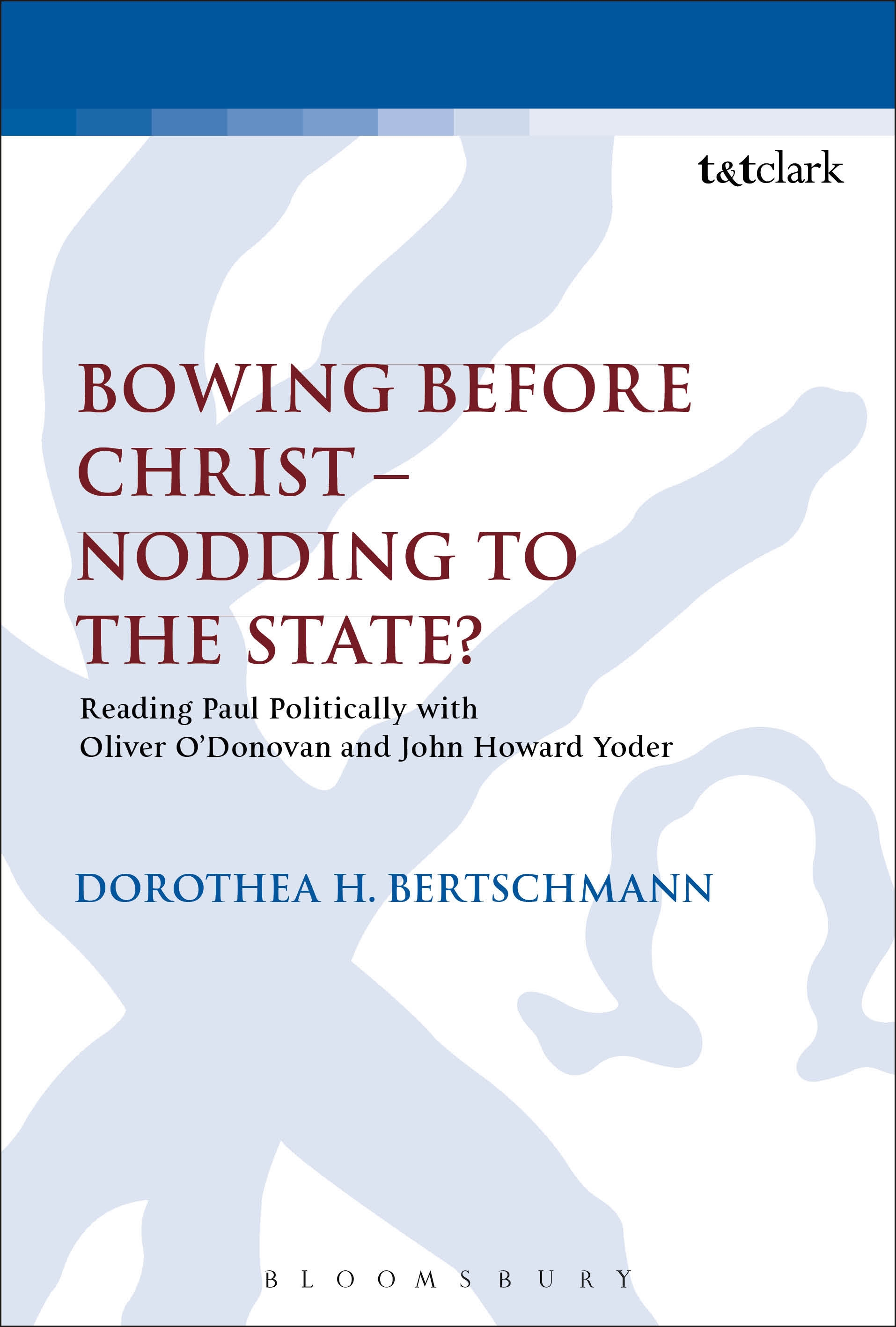The late seventeenth century was a crucial period in English financial history. A host of joint-stock companies emerged offering the opportunity for investment in projects ranging from the manufacture of paper to the search for sunken treasure. Driven by the demands of the Nine Years’ War, the state also employed innovative tactics to attract money, its most famous scheme being the incorporation of the Bank of England. This book provides a comprehensive study of the choices and actions of the investors who enthusiastically embraced London’s new financial market. It highlights the interactions between public and private finance, looks at how information circulated around the market and was used by speculators and investors, and documents the establishment of the institutions - the Bank of England, the national debt and an active secondary market in that debt - on which England’s financial system was built.












